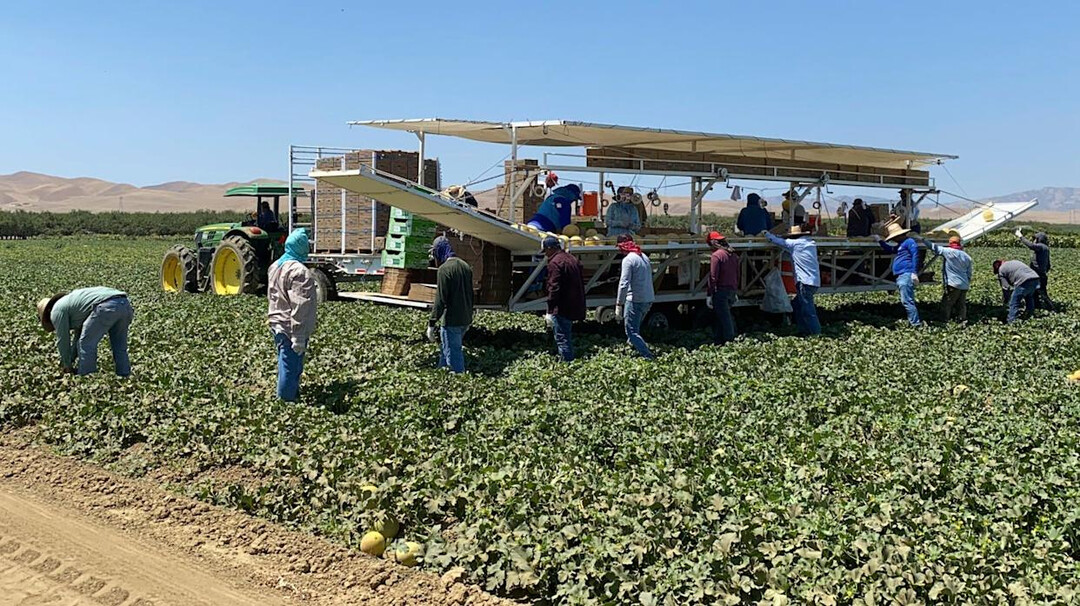
Amid the construction of the world's largest grain export terminal in Brazil by COFCO International, a Chinese state-owned food company, its large-scale hiring in the South American agricultural powerhouse is drawing significant attention. Reuters reported on April 15th (local time), citing COFCO International's announcement, that this recruitment reflects the increasing importance of Brazil amid escalating trade tensions between the US and China.
COFCO International is currently building the world's largest grain export terminal (STS11) in Santos Port, São Paulo State, Brazil. This is interpreted as part of a strategy to foster Brazil as a key grain supply base in response to China's rapidly growing grain demand. In particular, the prolonged US-China trade conflict, which is driving China to reduce its reliance on US agricultural imports and expand imports of Brazilian soybeans and other agricultural products, is analyzed as a crucial factor influencing COFCO's investment and hiring decisions.
This large-scale recruitment indicates that COFCO International is accelerating its business expansion in Brazil. While the specific number of hires was not disclosed, the expression "dozens" suggests a considerable number of personnel are being recruited. The hiring is expected to span across COFCO International's Brazilian operations, including grain terminal operation and management, agricultural trade, logistics, and finance. This can be interpreted as a strategic move beyond simply securing manpower for the export terminal operation, aiming to strengthen COFCO's overall South American grain business centered in Brazil.
Brazil has grown into a global agricultural powerhouse based on its fertile land and favorable climate conditions. It holds a significant share in the global grain market as a major producer and exporter of key agricultural products such as soybeans, corn, sugar, and coffee. China, the world's largest grain consumer, is focusing on securing stable grain supply sources to ensure its food security. In this context, Brazil is a very important strategic partner for China, and COFCO's business expansion in Brazil is expected to further deepen the economic cooperation between the two countries.
The US-China trade conflict is changing the landscape of the global agricultural market. China is imposing high tariffs on US agricultural products and diversifying its import sources, and Brazil is taking advantage of this situation to expand its agricultural exports to China. COFCO's increased investment and recruitment in Brazil can be seen as a strategic decision by China to actively respond to these market changes and secure a leading position in the South American grain market centered in Brazil.
Experts predict that COFCO's move will have a significant impact on the global grain market in the future. As China's dependence on Brazilian grains increases, Brazil's grain prices and export volumes are likely to rise, which could affect global grain supply and price fluctuations. Furthermore, COFCO's active investment and business expansion could also be a factor in promoting other global grain companies to enter the Brazilian market.
In conclusion, the large-scale hiring by the Chinese state-owned food company COFCO International in Brazil reaffirms Brazil's agricultural importance amid the international situation of the US-China trade conflict and exemplifies Brazil's pivotal role in China's food security strategy. Future developments in COFCO's Brazilian business expansion and its impact on the global grain market warrant close attention.
[Copyright (c) Global Economic Times. All Rights Reserved.]






























